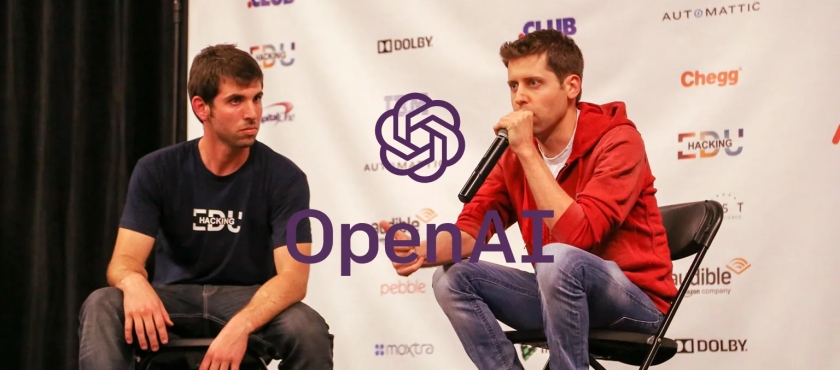An Intangible Investor article running on IPWatchdog that looks at the ownership and potential impact of ChatGPT cautions users, creators and investors about the impact AI search. Copyright holders should be especially wary.
ChatGPT is an experimental artificial intelligence-powered search tool that can provide in seconds what would have taken hours on a more conventional engine. There are a few problems. Chatbots often get the facts wrong, sound more authoritative than they are and infringe thousands of copyrights, possibly yours.
They are not transparent about the source of their data — a concern for for both creators and businesses.
“Chatbots have captured the imagination of users and investors alike,” writes Intangible Investor columnist Bruce Berman in From Nonprofit to $29 Billion Valuation – The Promise and Danger of OpenAI. “They provide fast, succinct, and outwardly accurate responses to detailed questions well beyond the capabilities of Alexa, Siri and Google Search.”
OpenAI, which started life as a non-profit founded in 2015 by Sam Altman and Elon Musk and generates virtually no revenue, is one of the most valuable U.S. startups. After last week’s capital infusing the OpenAI’s value is an estimated $29 billion.
Follow the Money
OpenAI may have been initiated as a non-profit and continue to share its source code, but the spinout it created will need to generate enormous growth and revenue to satisfy the who’s who of investors who have taken an early position.
OpenAI is backed by Microsoft (who thus far has invested $1 billion), LinkedIn co-founder Reid Hoffman, a Greylock Partner, and Khosla Ventures. Other investors include Elon Musk, Sequoia Capital, one of the most successful technology investors, Tiger Global Management, Bedrock Capital, Combinator Y, Peter Thiel, PayPal founder and first Facebook investor, and Silicon Valley private equity icon, Andreessen Horowitz.
Machine in the Making
ChatGPT is a bot trained to generate human-like responses to user inputs, writes Bloomberg Businessweek. It can produce in seconds basic software code, rudimentary financial analysis, amusing poems and songs, natural language summaries of scientific concepts and reflective essays. And like the systems that control autonomous vehicles, it learns as it goes.
Google, wishing to protect its 92% share of Internet search, should consider the emergence of ChatGPT ‘code red,’ suggests The New York Times. But not everyone sees AI search is ready for primetime.
“ChatGPT, as currently conceived, is a parlor trick,” Gartner vice president Bern Elliot told CNBC. “It’s something that isn’t actually itself going to solve what people need, unless what they need is sort of a distraction.”
Elliot said that for now ChatGPT is “more of a way for OpenAI to gain publicity and to show what’s possible for large language models, as opposed to a useful piece of software for businesses to incorporate.”
Many Questions
- Will users grow to rely on chatbots as a go-to resource, replacing more traditional Internet search?
- Will copyright holders whose content bots use without attribution be shut out of licensing fees?
- Will bots become susceptible to advertisers needs and the investors’ self-interest as some search engines have?
The potential is great, but so is the danger.
Tap here for the full Intangible Investor story.
Image source: metroids.com

